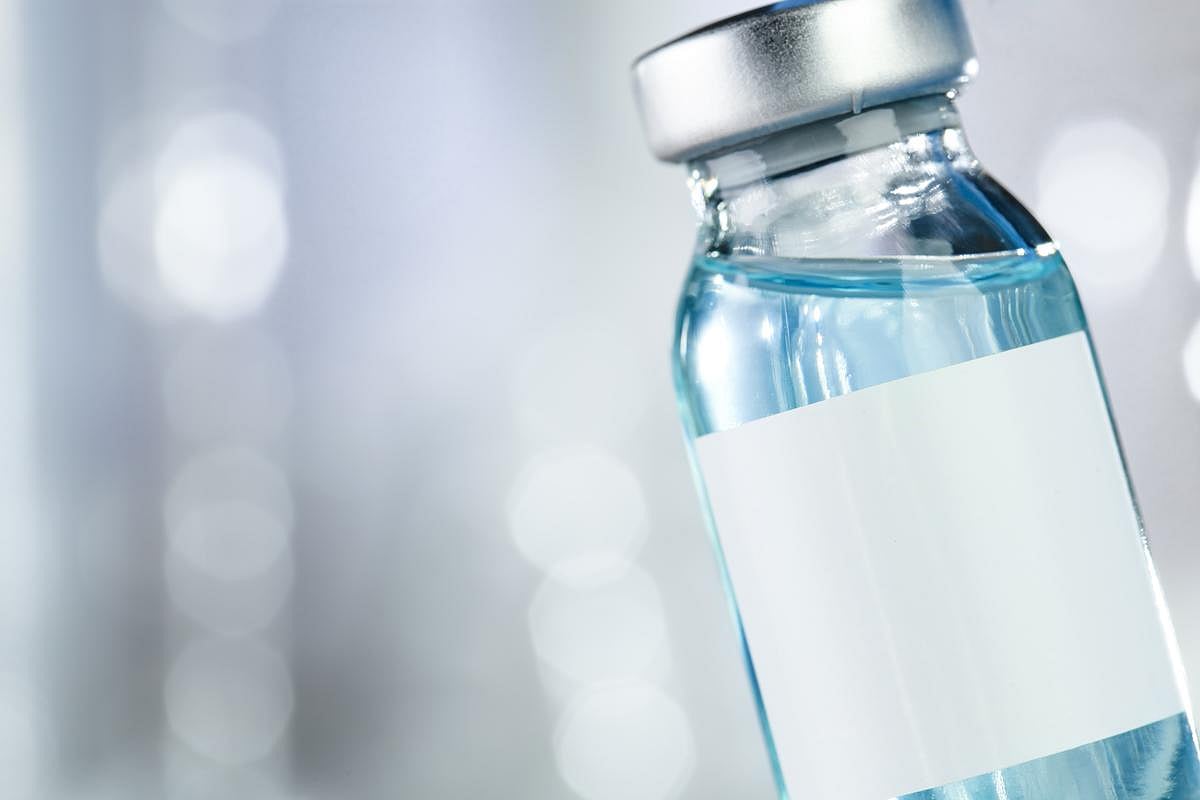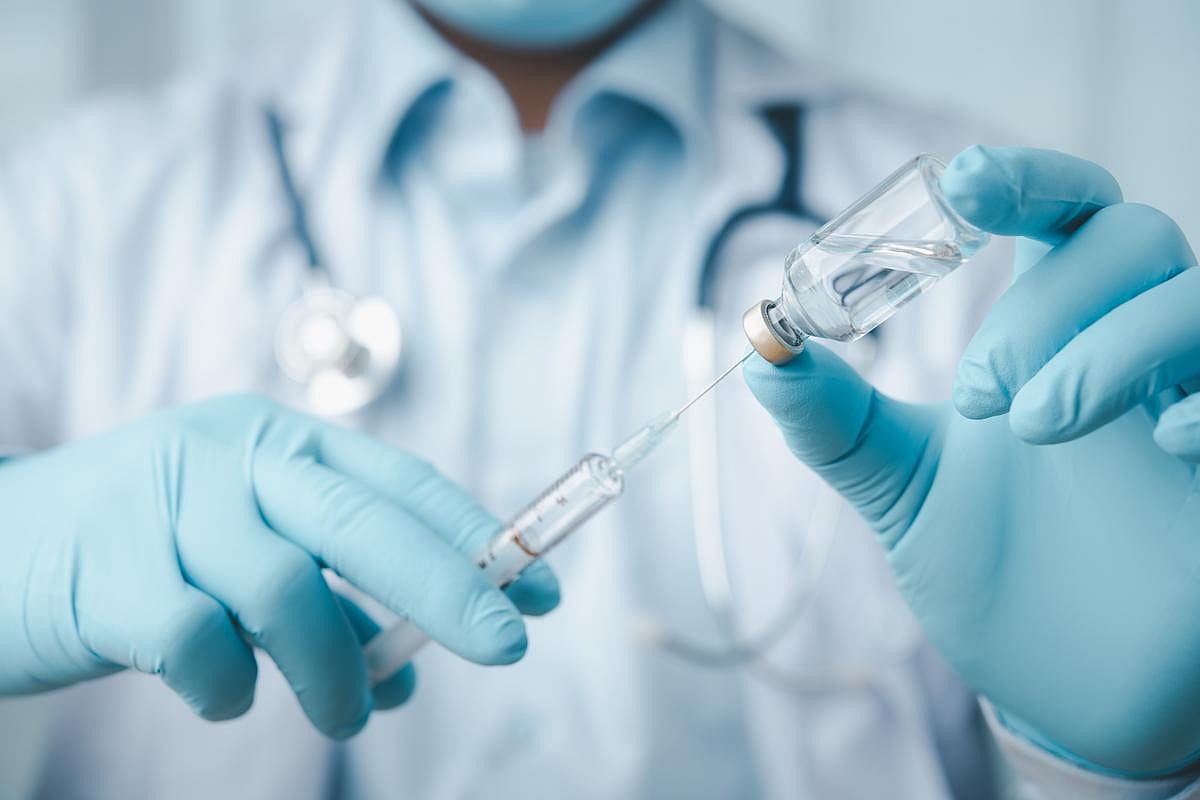
Amyotrophic lateral sclerosis (ALS) – known as Lou Gehrig’s Disease based on the iconic 1930s New York Yankee baseball player – is a progressive neurodegenerative disease that affects thousands of Americans every year. ALS remains one of the most complex and challenging disorders known to science. May is ALS Awareness Month, making it an ideal… read on > read on >


















